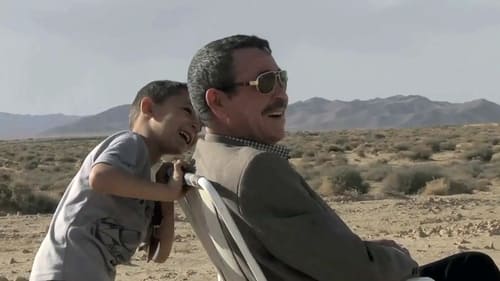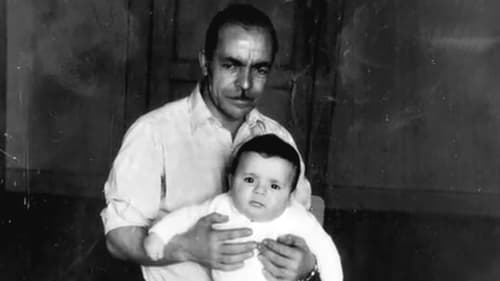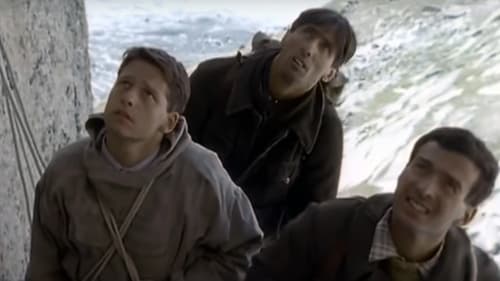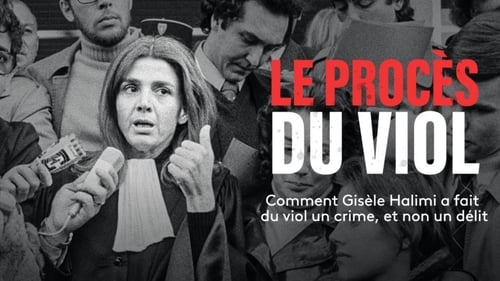Les oliviers de la justice (1962)
Género : Drama
Tiempo de ejecución : 1H 21M
Director : James Blue
Sinopsis
The son of a French colonialist in Algeria returns to Algeria after learning that his father is ill. Memories from childhood return. He also must deal with some problems involving the Algerian fight for independence.
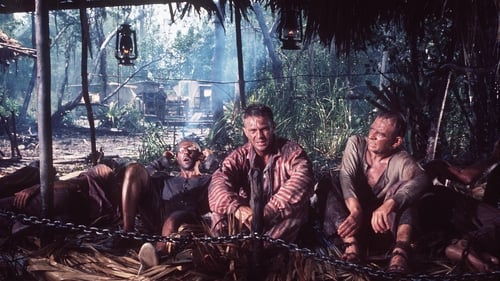
"Papillon", un hombre condenado por asesinato, es enviado a un penal de la Guayana francesa. Durante el viaje en barco, conoce a Luis Dega, falsificador de Bonos de la Defensa Nacional, un hombre débil, al que "Papillon" ofrece protección a cambio del dinero que necesita para huir de la cárcel.
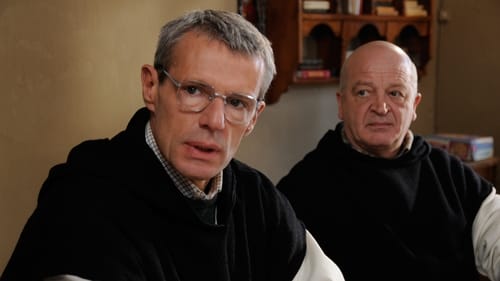
A finales del siglo pasado, en un monasterio situado en las montañas del Magreb, ocho monjes cistercienses viven en perfecta armonía con sus hermanos musulmanes. Pero una ola de violencia y terror se apodera lentamente de la región. A pesar del creciente peligro que los rodea, los monjes deciden quedarse, cueste lo que cueste, haciéndose más fuertes cada día

Año 1942 durante la Segunda Guerra Mundial. Max es un espía del bando aliado que se enamora de Marianne, una compañera francesa, tras una peligrosa misión en el norte de África. La pareja comienza una relación amorosa hasta que a él le notifican que Marianne puede que sea una agente doble que trabaja para los nazis.
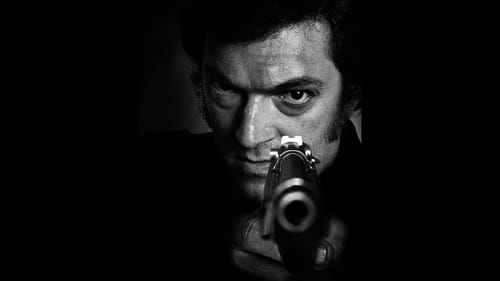
La vida del gángster Jacques Mesrine, conocido como “el hombre de las mil caras”, verídica leyenda de la criminología francesa. Jaques Mesrine es un joven soldado en Argelia que ha ido perdiendo parte de sus escrúpulos tras ser partícipe de los brutales medios que el ejército francés empleaba en los interrogatorios. Al regresar a Francia y a la casa de sus padres, la adaptación a la vida cotidiana se le hace difícil y con la ayuda de un amigo suyo se inicia en pequeños trabajos ilegales.
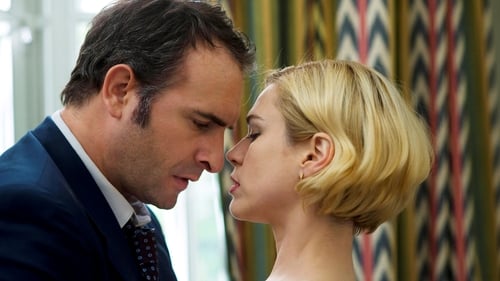
Happily married with a daughter, Marc is a successful real estate agent in Aix-en-Provence. One day, he has an appointment with a woman to view a traditional country house. A few hours later, Marc finally puts a name to her face. It's Cathy, the girl he was in love with growing up in Oran, Algeria, in the last days of the French colonial regime. Marc hurries to her hotel. They spend the night together. Then she's gone again. And Marc's mother tells him Cathy never left Algeria. She was killed with her father in a bombing just before independence...

Neige, divorciada y madre de tres hijos, visita con frecuencia a Émir, su abuelo argelino que vive en una residencia de ancianos. Neige quiere y admira a este pilar de la familia, con quien se crió y quien la protegió de unos padres conflictivos, y es que las relaciones entre los numerosos miembros de la familia son complicadas y a menudo rencorosas... Menos mal que Neige cuenta con el apoyo y el humor de François, su ex marido. Cuando muere el abuelo, se desata una tormenta en el seno familiar, creando una crisis de identidad en Neige, quien decide querer comprender y conocer su ADN.
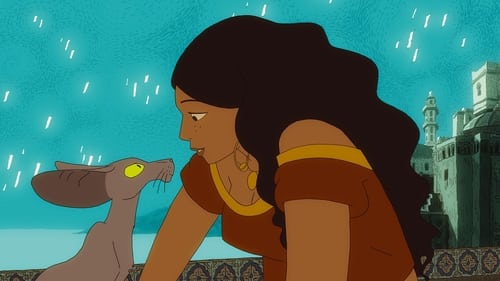
Tras comerse un periquito, el gato de un rabino adquiere la capacidad de hablar, y no sólo eso, sino que se vuelve un estudioso de las creencias de su amo, criticándolas como sólo un gato podría hacerlo, y entablando una fuerte amistad con la hija del religioso.
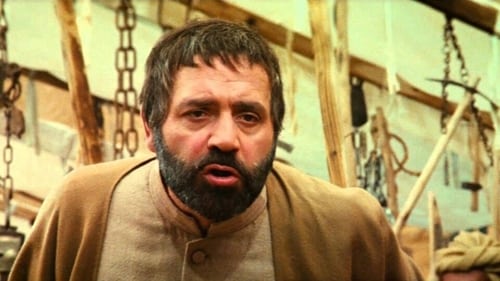
Julio Cesar esta disfrutando de unas lujosas vacaciones en una colonia Romana en el norte de Africa, mientras en Roma estalla una gran revuelta obrera. Un mecanico de nombre Ben-Hur, se elige a si mismo como dirigente sindical, pero termina siendo detenido en una manifestacion publica. El gobernador le da a elegir entre un innoble fin en la arena o una oportunidad participando en un complot para matar a Cesar.
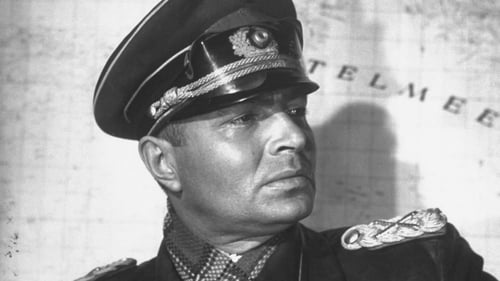
Segunda Guerra Mundial. El Afrika Korps del Mariscal Edwin Rommel dominó el norte de África hasta su derrota en El Alamein. A medida que pasa el tiempo, Rommel, cada vez más decepcionado, llega a la terrible conclusión de que el Führer acabará destruyendo Alemania. Así las cosas, su estricto sentido del deber lo llevará a participar en una conspiración contra el tirano. Al fracasar el atentado del 20 de julio de 1944, recibe la orden de suicidarse.
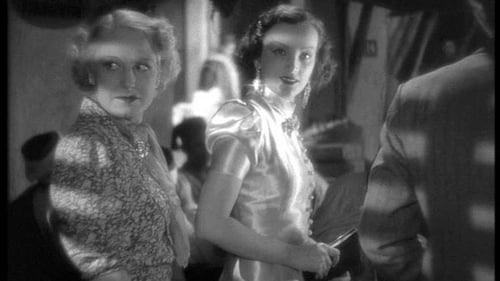
Pépé le Moko, uno de los delincuentes más buscados de Francia, se esconde en el barrio de la Casbah de Argel. Sabe que la policía le esperará si intenta salir de la ciudad. Cuando Pépé conoce a Gaby, una hermosa mujer de París que se ha perdido en la Casbah, se enamora de ella.
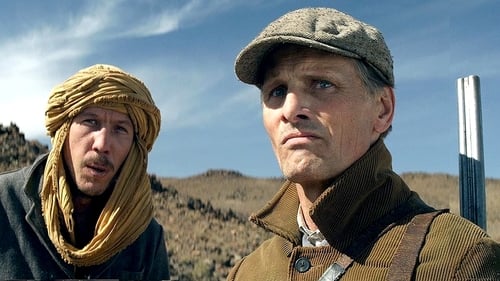
Argelia, 1954. En medio del duro invierno, Daru (Viggo Mortensen), un profesor francés, acepta de mala gana escoltar a Mohamed (Reda Kateb), un hombre acusado de asesinato, a través de las montañas Atlas para que se enfrente a juicio. Perseguidos por hombres que reclaman la ley de la sangre y por colonos revanchistas, los dos hombres se rebelan. Juntos lucharán para recuperar la libertad.
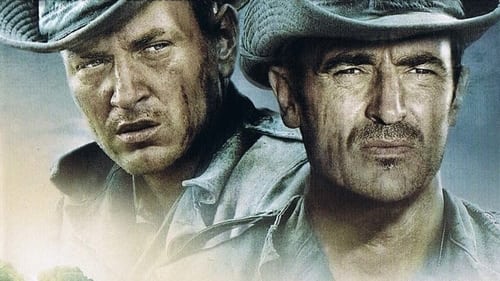
A drama following a French platoon during Algeria's war of independence.
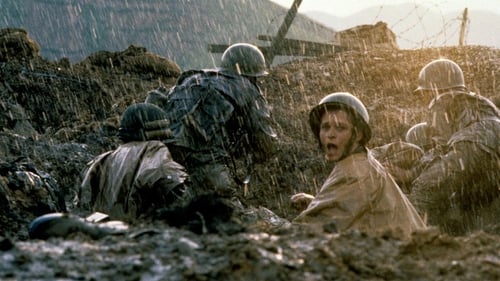
Un periodista americano se encuentra en Vietnam en el 57º día de la batalla de Dien Bien Phu entre el ejército francés y las guerrillas Vietminh, la cual acaba con una derrota de las fuerzas francesas y la retirada de Francia de Indochina. (FILMAFFINITY)
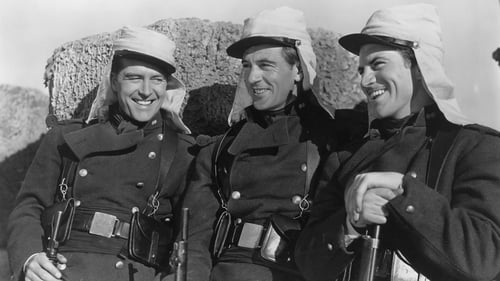
Un grupo de legionarios franceses llega a un fuerte en medio del desierto y descubre que todos los hombres están muertos; apoyados en los muros y en posición de vigilancia, pero muertos. Este extraño suceso es el punto de partida de una enigmática historia relacionada con la desaparición de un valioso zafiro y con la historia de tres hermanos alistados en la legión por un asunto de honor.
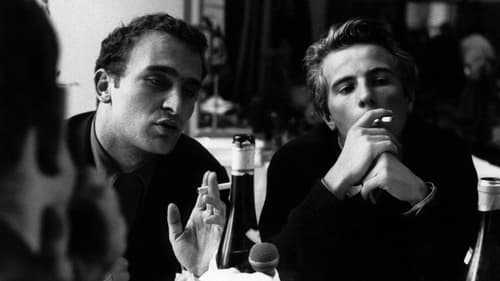
París, verano de 1960. El antropólogo y cineasta Jean Rouch, acompañado por el sociólogo y crítico de cine Edgar Morin, y asistidos por Marceline y Nadine, deambulan por las calles abarrotadas preguntando a la gente común y corriente cómo afrontan las desgracias de la vida. ¿Eres feliz? Pero su verdadero propósito es averiguar si las personas normales pueden hablar sinceramente frente a una cámara y cómo reaccionan cuando se les invita a analizar el significado de sus respuestas.
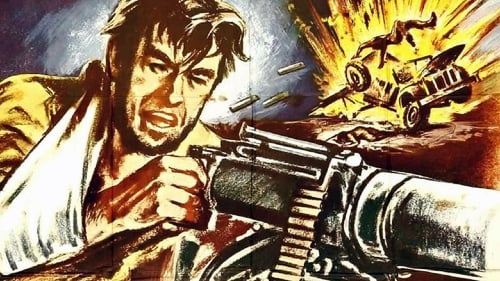
Segunda Guerra Mundial (1939-1945). Un grupo de soldados ingleses, que son enviados al Norte de África, deben realizar una misión previa a una acción de mayor envergadura. Una vez en el desierto, descubren que los alemanes están preparando un ataque por sorpresa.
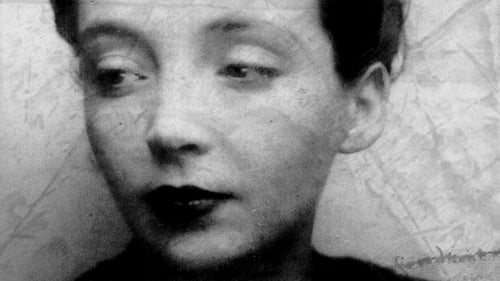
When French writer Marguerite Duras (1914-96) published her novel The Sea Wall in 1950, she came very close to winning the prestigious Prix Goncourt. Meanwhile, in Indochina, France was suffering its first military defeats in its war against the Việt Minh, the rebel movement for independence.
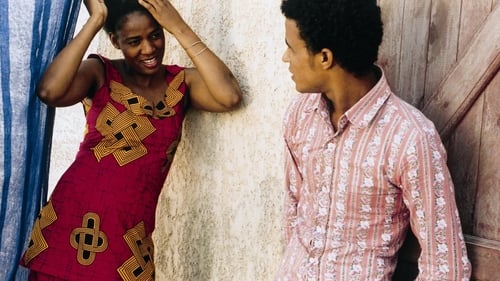
Abdallah está sin estar en Nouhadhibou, ya no es capaz de hablar la lengua que habla allí la gente. Nouhadhibou es una estación de salida, los grandes buques atracados en el puerto señalan el peligroso camino hacia la Europa fortaleza. Abdallah está buscando como ir desde Mauritania a España, es decir como ir a otro mundo. Como ser otro. (FILMAFFINITY)
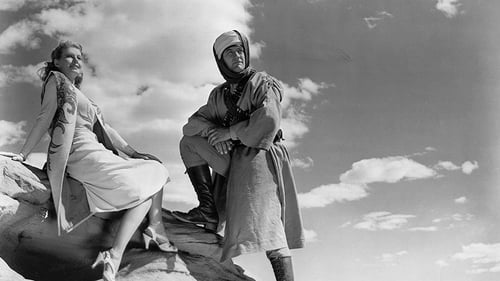
Paul Hudson, leads a group of desert bandits against some Nazis, who want to use them as cheap labor for their railroad.

Johan van der Keuken's first film is a uniquely beautiful portrait of Paris at dawn.
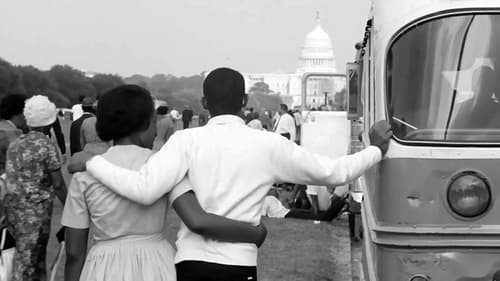
The March, also known as The March to Washington, is a 1964 documentary film by James Blue about the 1963 civil rights March on Washington. It was made for the Motion Picture Service unit of the United States Information Agency for use outside the United States – the 1948 Smith-Mundt Act prevented USIA films from being shown domestically without a special act of Congress. In 1990 Congress authorized these films to be shown in the U.S. twelve years after their initial release. In 2008, the film was selected for preservation in the United States National Film Registry by the Library of Congress as being "culturally, historically, or aesthetically significant". (Wikipedia)
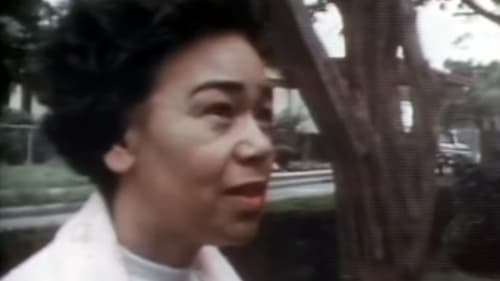
Originally founded as Freedman’s Town after the Civil War, The Fourth Ward is one of the oldest and most culturally significant black communities in Houston, Texas. In the 1970s, the city along with big business interests planned to redevelop the Fourth Ward in order to revitalize the dilapidated real estate and freshen the image of downtown Houston. The price of progress in this case would be the removal of many poor black families. The film explores a complex series of encounters with elected city officials, businessmen and the people of Fourth Ward in order to better understand how a city like Houston works. Who makes the decisions about where resources are spent and so determines the growth and wealth of the community.
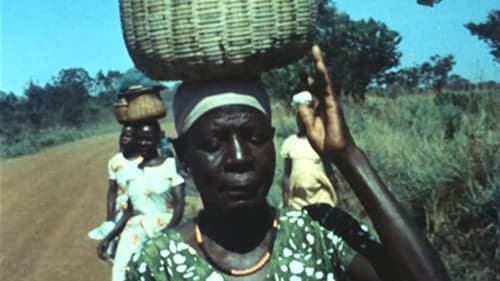
Made for the United States Information Agency (USIA). Shot all over the globe.
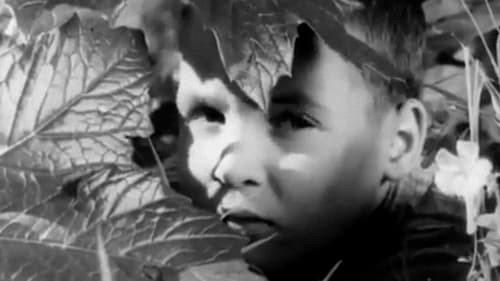
A sublime documentary on childhood and bereavement that’s one of several shorts the filmmaker completed while working in Algeria for Georges Derocles’s company Les Studios Africa, for whom he would shortly make his breakthrough feature The Olive Trees of Justice.

"Clio Capers" is a short film about the Clio Club, the Latin club James Blue belonged to at Jefferson High School in Portland, Oregon. The film features "Jupiter" and his fellow immortals atop Mt. Olympus looking back through the "Clio scrapbook," actual home movie footage James Blue shot of club activities between 1946-1948. Originally shot on 8mm film. No sound.


"La Vie au Bout des Doigts" is a documentary film by Jean-Paul Janssen released in 1982, directing Patrick Edlinger totally living his passion, climbing, which he practices here solo ("with bare hands"), it that is, without a rope or any kind of insurance. The film begins with a session of solo sea crossings on the Piade site near Toulon. In the second part, Patrick Edlinger trains in Buoux before carving a solo route in this now famous climbing site. This mythical film in more than one way is considered the first climbing film, that is to say where climbing is an activity in itself and not a means of preparing for mountaineering. His media success was such that he propelled Patrick Edlinger to the rank of world star, and above all he made climbing known to the general public, and was even nominated for the César for best documentary short film.

La Cordée de Rêve traces the great alpine journey made from August 2000 to February 2001 by Patrick Berhault. His great crossing of the Alps, here told to his daughter, will be done sometimes alone, sometimes surrounded by friends: Patrick Gabarrou, Patrick Edlinger, Ottavio Fassini, Gaël Bouquet des Chaux, Valérie Aumage, Philippe Magnin. During this alpine trip he will find his brother-in-arms Patrick Edlinger for the dolimitic part and will also see the genesis of the "Cordée Magique Berhault/Magnin". For 167 days, in sneakers in the fall, on touring skis in the winter, Patrick Berhault chained 2 to 3 stages of an average hiker daily, swallowing 1,500 to 2,000 meters of vertical drop and up to 45 kilometers per day. , and climbed 22 peaks. It's called that: "La Grande Cordée" but behind this title lies an exceptional human and sporting performance.
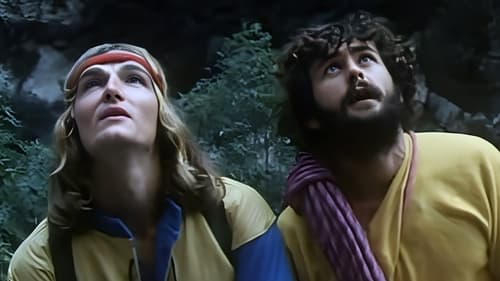

Metamorphosis is a real ballet dance on the rocks, interpreted by a great climber, Patrick Berhault, and set in the picturesque countryside of Cote d'Azur and the Lingurian coast. Berhault's evolutions, in the sea, in the grottoes, on the rocks and precipices, are exceedingly difficult but they are chiefly performed to give the movement an aesthetic value. Matemorphosis is the story of a cycle without words, narrated with gestures and music. The climber Monique Dalmasso also partecipates in the film.


























